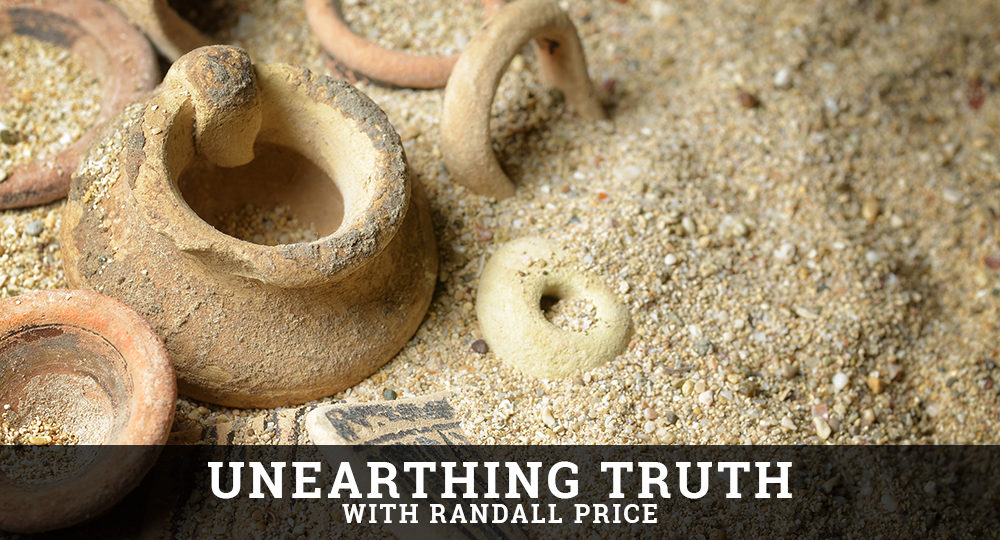How Long is Wrong?
Secularists and Bible critics often attack the Bible’s credibility due to its record of long lives before the Noahic flood. They claim such life spans are unrealistic and result from the incorporation of mythology into the biblical record. But we can defend the Bible’s reliability against such claims by appealing to archaeology.
Archaeological discoveries and ancient literature reveal many ancient, secular cultures also reported long antediluvian (preflood) life spans.
We view longevity as 100 years, not 1,000. Yet we read in the antediluvian genealogy (Adam to Noah) that most life spans approached a millennium: Adam lived to 930, Seth to 912, Enosh to 905, Cainan to 910, Jared to 962, Methuselah to 969, and Noah to 950 (cf. Gen. 5:1–32; 9:29).
Such extreme longevity made it possible for the antediluvian generations to pass along an accurate record of human history to postdiluvian civilization. For example, Adam lived long enough to know Methuselah, and Methuselah lived long enough to know Noah.
However, after the flood, life spans decreased markedly, though gradually, to modern age limits. Archaeology provides an extrabiblical parallel to the Bible’s contrast of the antediluvian and postdiluvian life spans. An 18th-century BC clay prism, known as the Sumerian King List, records a directory of 10 foreign dynasties, which parallels the 10 nations (based on their family heads) recorded in Genesis. The Sumerians (c. 3500 BC) were one of the earliest postdiluvian civilizations; and in this account, they preserved the reigns of kings who had lived before and after the flood.
According to the cuneiform inscription, kingship was divinely bestowed (“lowered from heaven”), and the register of rulers’ names appears to legitimize their reigns. Like the table of 10 nations in Genesis, the Sumerian King List records the names of 10 Sumerian kings who ruled before the flood and gives their reigns in tens of thousands of years (the longest is 43,200 years).
While such exaggerated reigns might suggest a fictional account, most scholars accept the list as a historical record since archaeologists have found some of the names in other inscriptions. For example, the list mentions En-me-barage-si of Kish (c. 2600 BC) who reigned 900 years and his successor, Aga, who reigned 625 years. Other ancient sources corroborate both their reigns. The Assyrian Epic of Gilgamesh, the account of a historical king of Uruk, mentions Aga.
Most scholars explain the extremely long reigns as epochs named after dynastic rulers or as intentional literary hyperbole to enhance the rulers’ prestige. But translators may be misinterpreting the reigns since we do not fully understand the Sumerian numbering system.
One scholar has suggested the Sumerian scribe who composed the original antediluvian list had a document containing numerical information on the earliest ruler’s life span, but mistakenly interpreted it as being written in the sexagesimal numerical system, an ancient Sumerian system based on the number 60. The mistake, he said, thus resulted in exaggerated durations for the antediluvian kings.1
The significant takeaway from the Sumerian King List parallel to Genesis is that both record the same longevity pattern: longer antediluvian life spans and shorter postdiluvian ones, with the flood dividing the two periods. This indicates the Bible and the Sumerian King List shared a common historical source, made possible because extreme longevity allowed for the preservation of these historical facts.
Endnote
- Raúl Erlando López, “The Antediluvian Patriarchs and the Sumerian King List,” Journal of Creation 12 No. 3 (1998): 347–357.








